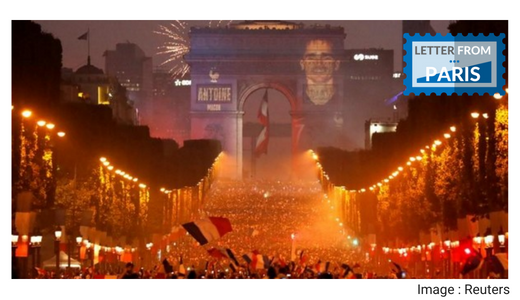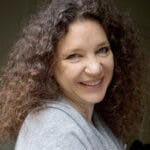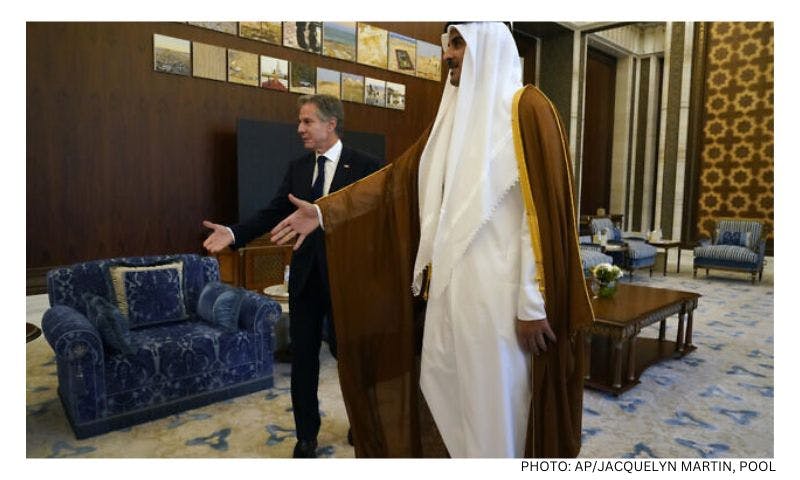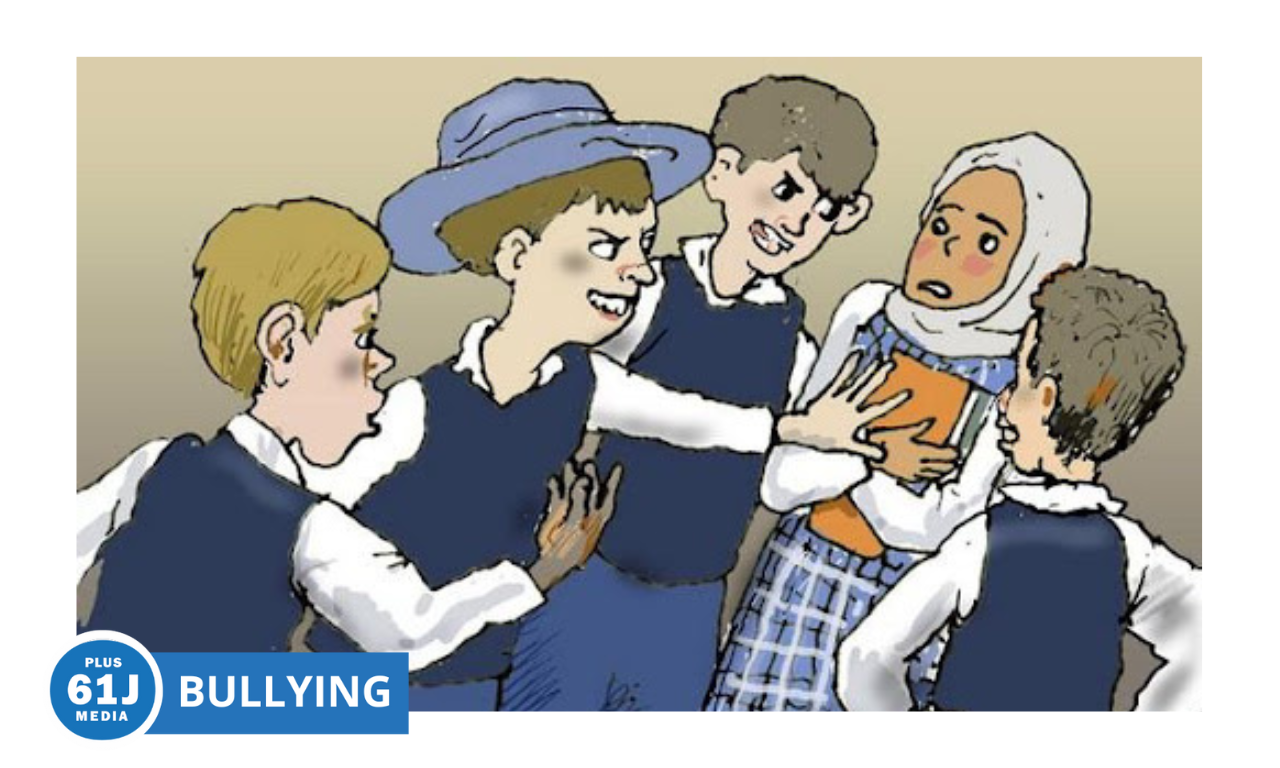Published: 16 July 2018
Last updated: 4 March 2024
France was the most multi-ethnic of all the European national teams taking part in this year’s World Cup, and there is something fiercely symbolic about the fact that its national heroes today are a group of young men, more than half of whom have immigrant origins and were born and brought up in disadvantaged suburbs.
Unlike in 1998, the last time France won the World Cup with a team of a similar makeup, this time no one is pretending that any political lessons can be drawn from the victory. But that can’t take away from the sheer delight in the occasion. And it’s a reminder that in a country that worships football, at its best the "beautiful game" can be a marvellous way of bringing people together.
It’s a recipe that has been tested on more modest terrain. In 2016, not long after the terrorist attacks that shattered the capital in November 2015, a tournament took place in Tremblay-en-France, a Paris suburb, financed by an Islamic finance network called Noorassur.
Twelve teams took part, with 57 players. One, the “dream team”, was made up of players drawn from Jewish, Muslim and Catholic backgrounds. It was an unprecedented example in youth football of what is called in French “vivre ensemble”, or coexistence.
[gallery columns="1" size="large" ids="21352"]
One of the most active supporters of the tournament was Rabbi Michel Serfaty. Serfaty, now 75 and a former basketball player, is known for driving a battered minibus around the country, seeking to engage young people in interreligious dialogue. He’s often accompanied by an imam, Mohammed Azizi; both were born in Morocco and immigrated to France around the same time in the 1960s, and both have suffered criticism and verbal attacks from within their own communities for the outreach work they do.
Serfaty has a handful of assistants who help with outreach in Muslim neighbourhoods, where anti-Semitism is most rife. These young people have at most a high school diploma, and a few have previously been in trouble with the police or involved in radical organisations.
Serfaty’s initiative offers not only a job opportunity (in the most underprivileged parts of France unemployment is over 25%) but also the opportunity to become socially involved in their local communities.
France is home to Europe’s largest Muslim and Jewish communities. Both are beset by stereotyping and prejudice, from each other and the wider community. Some of Serfaty’s initiatives – sharing meals, for example, in an echo of the biblical notion of breaking bread in the name of fellowship – will seem familiar to onlookers from English speaking countries.
But in this fiercely secular country that is beset with intercommunal friction, such symbolic gestures are extremely uncommon and often furiously attacked as being “communitarianism”.
[gallery columns="1" size="large" ids="21339"]
All kinds of identity politics go against the republican grain, and to some it seems that Serfaty’s outreach work is moving too far in this direction. Some Orthodox Jews accuse him of pandering to an inherently anti-Semitic Muslim population who will never stop hating Jews, while some Muslims accuse him of believing that the fault lies only on the side of the Muslims and that he ignores the problem of Islamophobia.
Ten branches of his Jewish-Muslim Friendship Alliance have been set up around the country, and there are seeds of hope, although it might seem that for every step forward it’s at least one step back.
During a recent tense television debate on the huge resurgence of anti-Semitism in France he pointed out that the number of Jewish schoolchildren enrolled in private Jewish schools has risen from 22% to 65% over the last 20 years; many parents are afraid to send their children to non-Jewish schools, where they fear they will be harassed and even attacked.
After 15 years of working towards Jewish-Muslim dialogue, Serfaty and his colleagues still have a steep hill to climb.
[gallery columns="1" size="large" ids="21353"]
Meanwhile, France basks in the sunshine and its incredible moment of glory. To borrow the French title of A Moveable Feast, Ernest Hemingway’s elegy to the city, Paris est une fête – Paris is a party.
Not just Paris – the whole country is in thrall to a gigantic, triumphant, jubilant celebration that is still going on, proving that even in a country not known for its optimism, unalloyed joy and mutual celebration is possible. However long it lasts, it will remain a wonderful memory for all those lucky enough to have experienced it.
Photo: The Champs Elysee on Sunday night after France won the final (Reuters)




